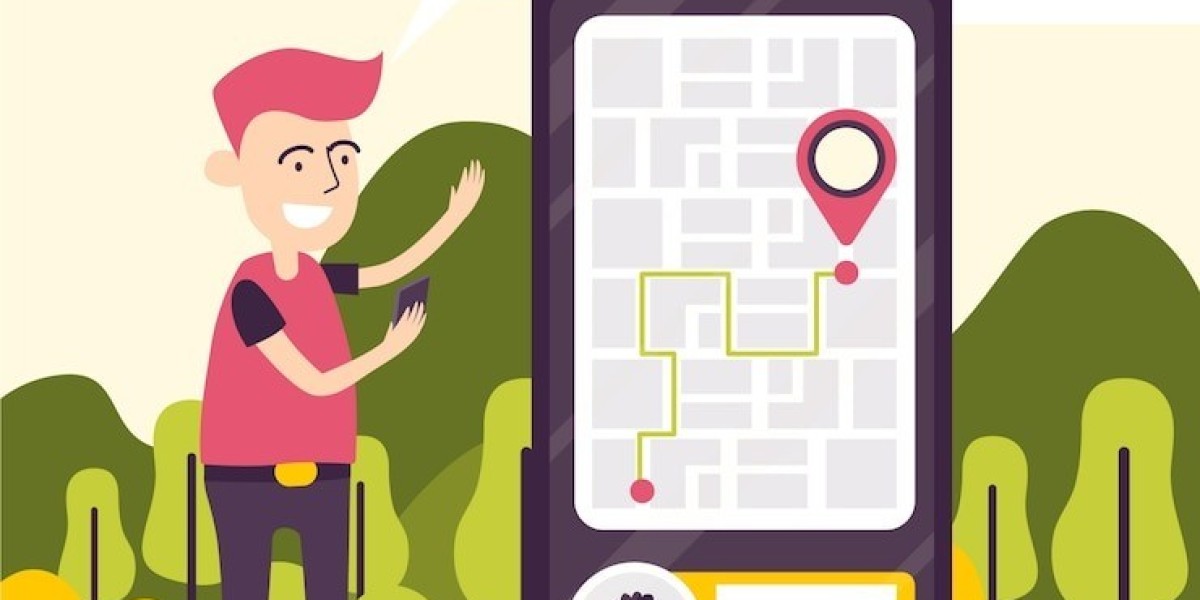Waze, the popular community-driven navigation app, is known for its ability to provide real-time traffic and route information by crowdsourcing data from its users. While it was initially designed to help drivers navigate through traffic more efficiently, Waze Business has become much more than just a navigation tool. Its ability to monetize its user base effectively has been a key part of its business success. The platform’s innovative business strategies not only enhance user experience but also generate significant revenue. Let’s explore seven ways Waze monetizes its user base effectively.
Advertising Through Waze Ads
Local Ads Integration
Waze’s primary monetization strategy revolves around in-app advertising. The platform allows local businesses to target drivers with location-based ads. These ads are displayed in the form of small icons or pins that appear on the map, directing users to nearby businesses, restaurants, gas stations, or other services. These local ads are not intrusive and blend seamlessly with the app’s navigation features. This strategy is particularly effective because the ads are displayed to users when they are already on the move, increasing the chances of converting them into paying customers.
Branded Pins and Takeovers
Waze also offers branded pins and takeovers as part of its advertising model. Branded pins are icons placed on the map to highlight a business’s location, making it easier for users to find. Takeovers are full-screen ads displayed to users when they are stationary (for example, at a traffic light or in a parking lot). These forms of advertising are non-intrusive and designed to target users when they are more likely to engage with the ad, making it a highly effective way for businesses to reach potential customers.
Sponsored Search Results
Priority Placement for Businesses
Waze’s search feature is another way the platform monetizes its user base. When users search for specific locations, businesses that have paid for sponsored listings are given priority placement in the search results. This gives businesses greater visibility and increases the likelihood of users navigating to their locations. Sponsored search results are a valuable marketing tool for businesses, especially those that rely on local foot traffic or want to attract customers who are already in the area.
Customized Results Based on User Preferences
Waze personalizes sponsored search results based on user preferences and behavior. For example, if a user frequently visits certain types of businesses or locations, Waze will prioritize similar sponsored results in future searches. This customization makes the ads more relevant to the user and increases the chances of engagement, benefiting both the user and the business.
Partnerships with Automotive Companies
In-Car Navigation Systems
Waze has successfully formed partnerships with automotive companies to integrate its app into in-car navigation systems. By collaborating with major car manufacturers, Waze is able to offer its navigation services as a built-in feature in many vehicles. This allows Waze to tap into a larger audience while generating revenue through licensing agreements with car manufacturers. Additionally, Waze can offer personalized ads and services to drivers based on real-time driving data, enhancing its monetization efforts.
Sponsored Carpooling Features
Waze has also partnered with companies to promote its carpooling service, Waze Carpool. This feature connects drivers with passengers who are traveling in the same direction, allowing them to share rides and split costs. Companies can sponsor carpooling services, offering discounts or incentives for users who carpool using their service or product. This not only promotes sustainability but also opens up new revenue streams for Waze through sponsored partnerships.
Data Monetization
Selling Anonymized Traffic Data
Waze collects vast amounts of traffic and navigation data from its users, which can be a valuable asset for businesses, urban planners, and government agencies. The platform monetizes its user base by selling anonymized traffic data to these entities. This data helps businesses understand traffic patterns, optimize their logistics, and plan more efficient delivery routes. For city planners and transportation authorities, Waze’s data is crucial for improving infrastructure, reducing congestion, and managing traffic flow.
Insights for Marketing and Advertising
Waze also uses its data to provide insights for marketers and advertisers. By analyzing user behavior, location preferences, and navigation habits, Waze offers detailed reports that help businesses refine their marketing strategies. This data-driven approach allows businesses to target their advertising efforts more effectively, ensuring they reach the right audience at the right time.
Integration with Other Platforms
Google Integration
Since Waze is owned by Google, the app has been integrated with other Google services such as Google Maps and Google Ads. This integration allows Waze to leverage Google’s vast user base and advertising infrastructure, opening up additional monetization opportunities. By syncing with Google’s advertising network, Waze can offer businesses a more comprehensive advertising solution that spans multiple platforms, including Google search results, Maps, and Waze itself.
Seamless API for Third-Party Apps
Waze also offers a seamless API integration that allows third-party apps and services to access its navigation data. This opens up new opportunities for businesses to integrate Waze’s functionality into their own platforms, providing real-time traffic and route information to their users. By licensing its API to third parties, Waze generates additional revenue while extending its reach to new markets and industries.
Sponsored Events and Campaigns
Promoting Major Events
Waze has found success in monetizing through partnerships with major events such as concerts, sporting events, and festivals. The platform promotes these events by providing users with real-time navigation to the venues, along with sponsored ads and offers from event sponsors. This allows Waze to generate revenue through event partnerships while offering users a tailored navigation experience that enhances their journey.
Cause-Related Marketing
Waze also engages in cause-related marketing campaigns, where businesses sponsor ads or features that align with social or environmental causes. For example, businesses can sponsor campaigns encouraging users to carpool or reduce their carbon footprint. This type of sponsorship not only generates revenue for Waze but also helps businesses improve their corporate social responsibility image, making it a win-win for both parties.
Subscription Services
Premium Features for Users
While Waze is free to use, the platform has explored offering premium subscription services that provide users with additional features. These premium features could include advanced route planning, ad-free navigation, or exclusive traffic insights. Offering a subscription model would allow Waze to directly monetize its user base, providing users with enhanced functionality in exchange for a monthly or yearly fee.
Conclusion
Waze has developed an effective monetization strategy by leveraging its large user base and vast data resources. Through in-app advertising, partnerships with businesses and automotive companies, data monetization, and integrations with third-party apps, Waze has diversified its revenue streams. Partnering with an on-demand app development company can help businesses implement similar strategies by creating platforms that balance user experience with monetization, driving ongoing success in the competitive navigation app industry.









